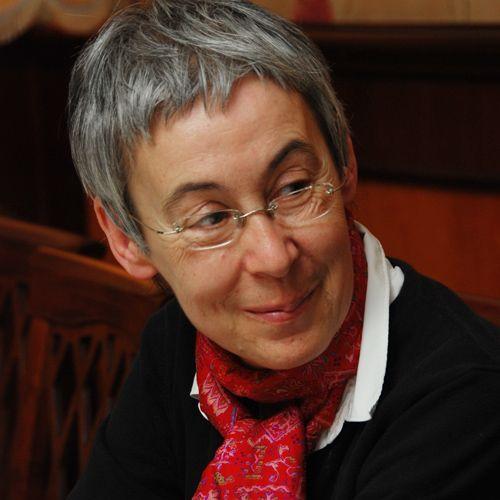How can we better support children who have fled the war in Ukraine and are now rebuilding their lives? On December 16, the final webinar in a three-part series on Polish-Ukrainian relations, hosted by SWPS University, brought this issue into focus. Dr. Maria Baran from our Faculty of Psychology in Warsaw and Prof. Halina Grzymała-Moszczyńska from Ignatianum University in Cracow shared their expertise on supporting children coping with trauma caused by war.
How to support Ukrainian children affected by the war?
The third meeting focused on helping refugee children who have experienced war-related trauma. The experts discussed the challenges of supporting children from refugee families, emphasizing the importance of accurately assessing their psychosocial situations. They highlighted the risks of both underestimating and overestimating the impact of trauma on their lives. They also talked about best practices, including the crucial role of social support, routines and social roles in the recovery process. The webinar concluded with a case study featured in the latest research on the cultural competencies of intercultural assistants in Polish schools.
The meeting was held as part of the project "ER–UA. Strengthening cooperation with Ukrainian universities within the framework of the European Universities Initiative" funded by the Polish National Agency for Academic Exchange.
Watch the webinar
The recording is available with English and Ukrainian subtitles.
Hosts of the webinar

Professor
Halina Grzymała-Moszczyńska
Is a professor of psychology and the chair of the Department of Psychology of Religion and Spirituality at Ignatianum University in Cracow. She specializes in cultural psychology with a focus on the psychology of migration. Her research examines the acculturation experiences of Poles living abroad and foreigners coming to Poland. She also studies the challenges of cultural adaptation faced by children from Polish families returning from emigration. In collaboration with her research team, she recently worked on the project "Superhero in a Skirt: Psychological Resilience of Ukrainian Refugee Women in Poland."

Ph.D. / Assistant Professor
Maria Baran
Is a cross-cultural psychologist specializing in the psychology of migration and acculturation, in particular psychological resilience of migrants and intercultural competence. In addition to her academic role, she offers consultations and short-term psychological support to migrants in crisis, and conducts intercultural competence training. She co-developed the recommendations for foundations which provide support for Ukrainian refugees living in Poland. These recommendations were published as Superbohater w spódnicy. Odporność psychiczna Ukrainek uciekających przed wojną w Ukrainie do Polski - raport z badań i rekomendacje dla trzeciego sektora ["Superhero in a Skirt: Psychological Resilience of Ukrainian Refugee Women in Poland – Research Report and Recommendations for the Third Sector"]. She also contributed to another project – Gościnna Polska 2022+. Jak mądrze wesprzeć Polskę i Polaków w pomocy osobom uciekającym przed wojną w Ukrainie? ["Welcoming Poland 2022+. How to Wisely Support Poland and Poles in their Efforts to Help People Fleeing the War in Ukraine?"] – which provided recommendations for the integration policy concerned with the migration triggered by Russia's attack on Ukraine.
Explore other webinars in the series
Organizers
Studying the resilience of Ukrainian women fleeing war
The webinar was part of a research project that resulted in the publication of the report Superbohater w spódnicy. Odporność psychiczna Ukrainek uciekających przed wojną w Ukrainie do Polski - raport z badań i rekomendacje dla trzeciego sektora [Superhero in a Skirt: Psychological Resilience of Ukrainian Refugee Women in Poland – Research Report and Recommendations for the Third Sector]. The report, available only in Polish, can be accessed on the report’s website
The study included in-depth interviews with 33 women who fled to Poland after Russia's invasion of Ukraine in February 2022 and were still living in Poland during the research period, between December 2022 to March 2023.